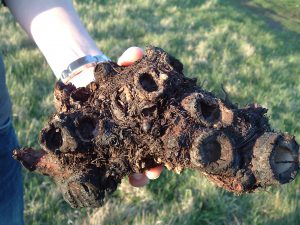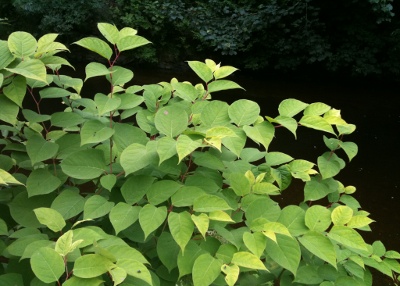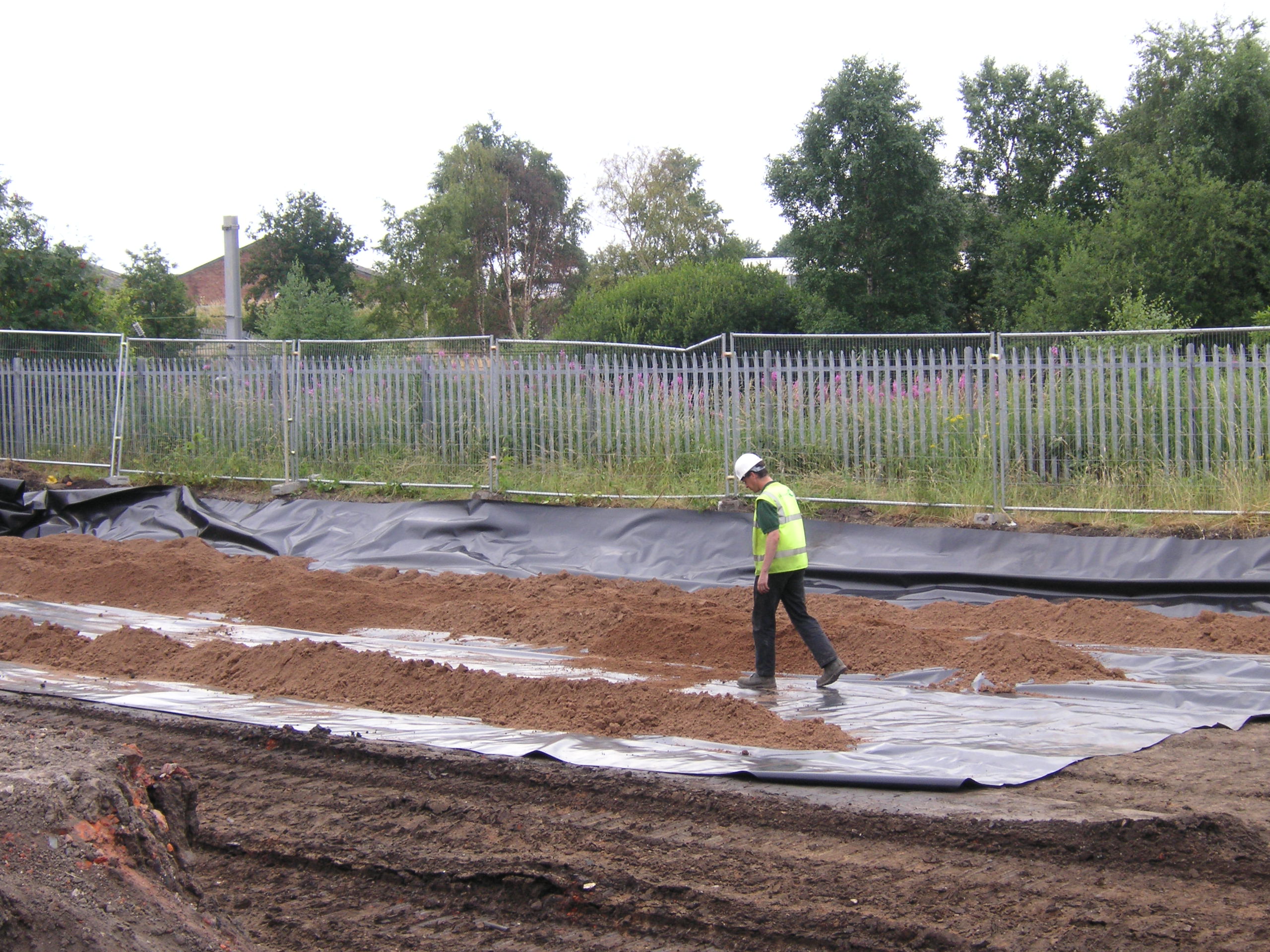Where Can I Dispose of Japanese Knotweed?
30-07-2018
Last updated 07-03-2023
 Japanese knotweed is a controlled waste. Essentially, this means that all those involved in the handling of this waste must be made aware of what it is and of what measures must be put in place when disposing of it.
Japanese knotweed is a controlled waste. Essentially, this means that all those involved in the handling of this waste must be made aware of what it is and of what measures must be put in place when disposing of it.
This term usually only affects businesses, rather than domestic householders who might knowingly or unknowingly dispose of knotweed in their garden waste. The usual way that garden waste is disposed of from domestic properties is either through composting on site or removing it to a local authority waste recycling centre.
The general advice is to avoid composting knotweed. The annual shoots and leaves that die back each winter will usually break down in an effective compost heap or container. However, these often have fragments of the rhizome system attached, which can easily regrow within the compost (read here about how Japanese knotweed spreads).
Most household waste recycling centres will specify in their green waste bins that they will not accept waste containing Japanese knotweed. Some local authorities even have a dedicated collection service for knotweed waste – in order to help residents avoid the risks of spreading it by throwing it away in their normal waste and to discourage people who might otherwise be tempted to fly-tip it.
So why should you be so careful when disposing of knotweed waste?
Well, allowing it to spread is a criminal offence, and it can spread very easily from tiny rhizome fragments in contaminated soil and other garden wastes. The reason there are laws in place to avoid it spreading (read here about Japanese knotweed legislation) is due to its ability to grow quickly at the expense of native wildlife. It can also cause damage to built structures due to the vigorous underground growth of its rhizome system. Damage to paving, drains, tarmac and other hard surfaces caused by knotweed are widely reported.
Unfortunately, ignorance of the law is no protection from it, so it is vital that all property owners are made aware of how to identify Japanese knotweed and plants that look like Japanese knotweed.
Once you know you’ve got it it’s best you don’t try to deal with it yourself (read here about DIY knotweed treatments) as you could affect your ability to secure mortgage finance on your property (read here about should I buy a house with knotweed). In order to satisfy such risks, you really need to secure the services of a competent knotweed firm that’s a member of an appropriate trade body like the PCA IWCG.
You can then read here about professional surveys for Japanese knotweed and the various methods of Japanese knotweed removal.



